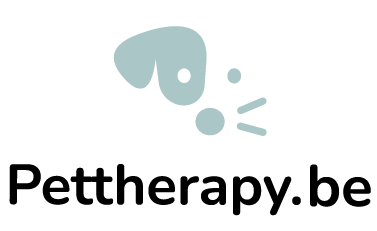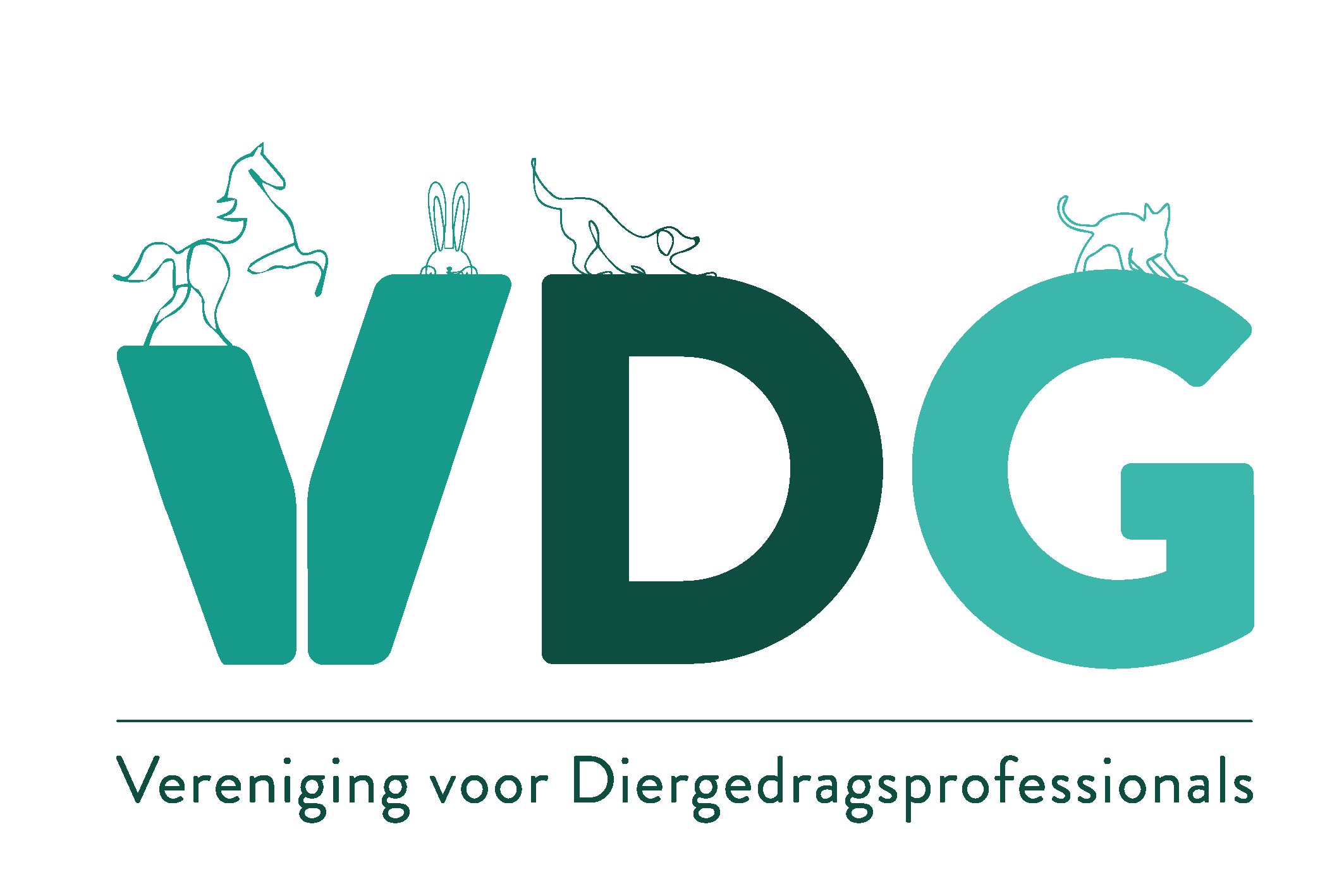Author: Kristof Voet
A lot of people respond like that, and even more people probably don’t even know the existence of a puppycoach. In this blog we investigate whether or not a puppycoach has added value compared to a dog school.
What is a dog school?
It appears to be a simple question, but potentially it’s more difficult to answer than it may seem. This is because of the large variety of dog schools, the different backgrounds, visions, but also the training requirements in order to be allowed to teach there.
In general one could put that everybody attending dog school with their dog has similar expectations, being finding help with raising their dog, and teach them some basic knowledge, besides learning more about dogs and their behaviour themselves. Every dog school from their side will try to respond more or less to that question, always in a standardised way for all participants of course. Depending on their philosophy and the level of training of their instructors – often there are no prior training requirements and it suffices to follow a brief internal course – you will find either good or less good answers to your questions.
Generally speaking you can divide dog schools into two categories: those that work in accordance with the principles of the dominance theory, also known as the pack- or alfa-theory, and those that instruct in accordance with the modern contemporary principles of the current scientific consensus. The ratio in between them today is about 50-50. The first group values punishment and correction of unwanted behaviour (often referred to as “obedience training”). This often happens in a heavy handed way resulting in the dog behaving himself out of fear for his owner, however these methods are prone to the development of behavioural problems. The second group uses a wide array of positive reward-based methods, whereby the unwanted behaviour will be ignored and the positive rewarded. Using this training method the dog will behave themself out of respect and love for their owner, because the exercises ensure the bond in between them improves.
What are the advantages of a dog school?
A dog school where you are instructed by a trained dog instructor or dog trainer, who is educated in accordance with the principles of the most recent scientific consensus where they emphasize on reinforcing the bond with your pet, can certainly be a major added value for your dog. The biggest plus is that a puppy already meets other dogs very early in life, and starts to consider it as normal to meet them, for example during a walk on the street. This truly helps in the process of socialization.
This advantage at the same time will be a disadvantage: the puppy will be confronted with a lot of stimuli at the same time, and as the prefrontal cortex is developed insufficiently, it will be more difficult for some pups to resist all those impulses than it will be for others. One pup will learn more easily than the other, and collective lessons hold the disadvantage that they are balanced to reach some of the goals for all dogs. But anyway within a positive reward-based framework, the pup will benefit from the option to socialize within a school environment, both with other dogs as with other people.
“A puppycoach is a specialized dog trainer that focusses on giving the best start in life of the smallest ones. Some of them are in addition trained dog behaviour therapists.”
What is a puppycoach?
A puppycoach is a specialized dog trainer that focusses on giving the best start in life of the smallest ones. Some of them are in addition trained dog behaviour therapists. Especially a dog therapist a puppycoach is properly trained to prevent future behavioural problems.
This is possible for the dog trainer because they can spend time to their individual client, and can offer lessons tailored to the needs of the puppy. A puppy having greater difficulty with impulse control will be instructed in a different way compared to a pup that focusses more easily.
What are the advantages of a puppycoach?
The individual approach of a puppycoach is the biggest advantage of this method, but at the same time it’s also the weak spot as the dog is trained in an individual way and obviously would miss a part of the socialization process.
However, the puppycoach has a wide array of options to tackle this issue: real or staged encounters on the street, but also for example puppy party’s whereby during a period of some tens of minutes puppy’s are gathered together in order for them to discover each other freely but in a controlled environment.
Important is that a personal puppycoach will organize socialisation encounters at the pace of your dog, as such that they will receive the right amount of stimuli at the appropriate time. But besides this your youngest sweetheart will also learn other things, all this at a high pace which is impossible to realize within a collective environment full of distractions.
In addition a puppycoach will also pay attention to you as the owner, to provide you with an answer to all questions you may have, and to teach you for example how to communicate most effectively with your dog. Also other things such as bite inhibition and potty training will be featured by your personal dog instructor.
Is your puppycoach also a dog behavioural therapist? Then you won twice because they can also teach you a lot about how to avoid future behavioural problems.
So you either choose for one or the other?
Not necessarily: making use of a puppycoach does not exclude the added value of attending training in a dog school, and vica versa. Both are not interchangeable. But for both the golden rule is: ensure yourself you have a properly educated trainer, whether it is someone who teaches at your place, or at school.
And avoid those trainers and dog schools that still follow the principles developed mid-20th Century. More information about this you’ll find back in our blog regarding the Dominance Theory.
The importance of a puppycoach could best be described as someone that assists you personally with raising your dog, and this at the pace of the animal itself and adapted to the needs of your family. The dog trainer will also provide explanation about how to communicate effectively with your sweetheart, how to understand what your dog is telling you, and how to improve your bond.
Kristof Voet has been an administrative and logistics employee of Pettherapy.be since 2021. He worked as a volunteer at the animal shelter until 2022, and for this he followed the Asylum Employee training organized by the Flemish Government.





